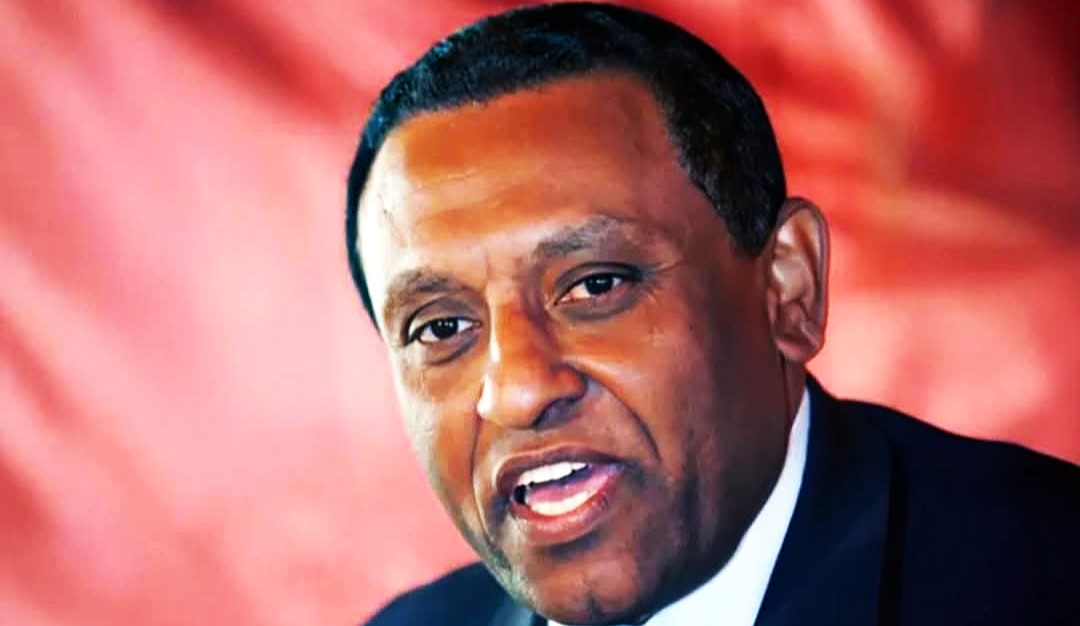Lieutenant General Abdel Fattah al-Burhan Chairman of Sudan’s Transitional Sovereignty Council has issued a constitutional decree appointing veteran diplomat Kamil Tayeb Idris, aged 78 to be the Prime Minister.
Idris once ran as an independent candidate in Sudan’s 2010 presidential elections.
The development comes as part of a restructuring aimed at bolstering the political landscape amid escalating security and humanitarian challenges
The presidential decrees also included the appointment of Salma Abdeljabbar Al-Mubarak and Nawara Abou Mohammed Mohammed Tahir as new members of the Sovereignty Council according to a statement from the Republican Palace in Khartoum.
The New Prime Minister, Idris brings aboard extensive international experience including, Leading the World Intellectual Property Organization WIPO between 1997 and 2008 and Serving as Secretary-General of the International Union for the Protection of New Varieties of Plants
Idris holds a PhD in International Law from the University of Geneva along with degrees in Philosophy and Law from Cairo and Khartoum Universities.
His appointment comes as Sudan faces intertwined crises including escalating airstrikes on Port Sudan, previously a safe city now targeted by explosives and drones from the Rapid Support Forces (RSF) disrupting vital airports and ports.
Khartoum also faces an unprecedented humanitarian crisis with 15 million displaced and famine threatening millions of civilians according to the United Nations.
At the moment, Sudan is caught in geopolitical tensions after Sudan accused the United Arab Emirates of supporting the RSF leading to severed diplomatic ties.
The new government is expected to focus on strengthening security stability after the conflict expanded to eastern Sudan, facilitating humanitarian aid access through Port Sudan, a lifeline for relief efforts and reviving the political process after stalled negotiations between the army and the RSF.
The cabinet lineup and executive plans have yet to be announced amid anticipation of local and international reactions to these changes particularly given rising violence and its impact on civilians.

